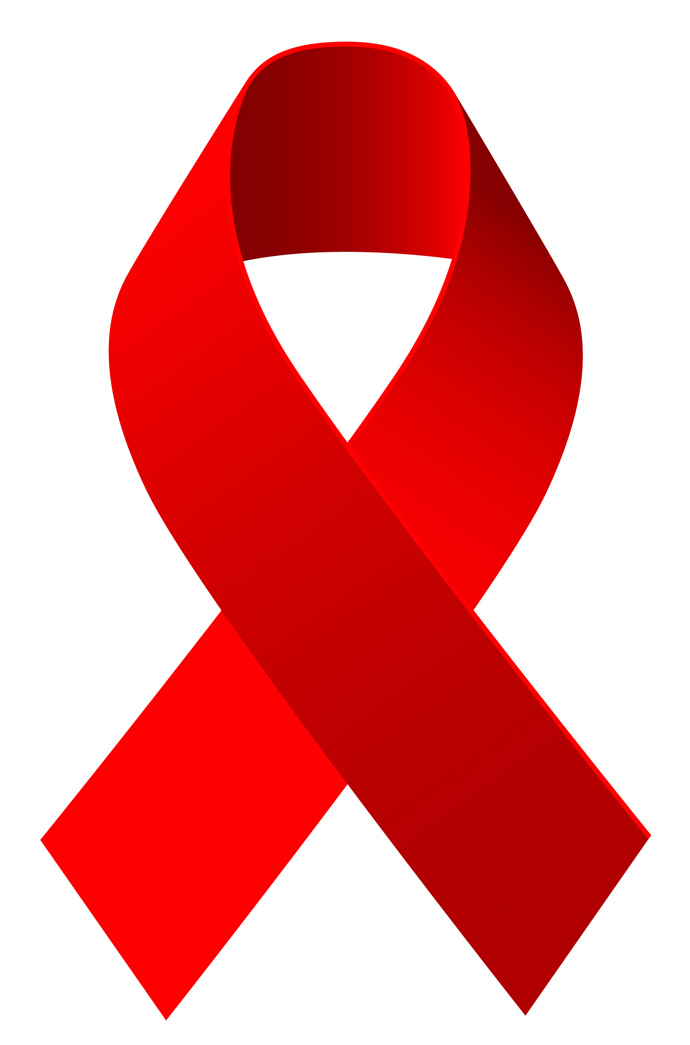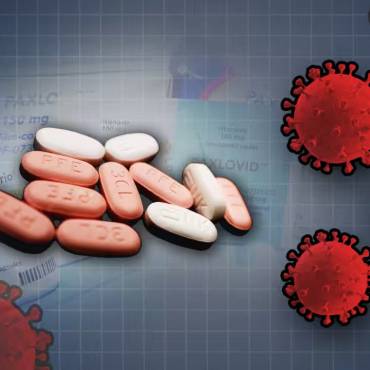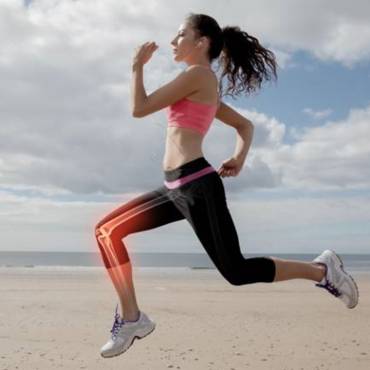Around 40 percent of sexually active women in the age bracket of 18-59 report sexual problems at some point in their lives. Chronic health conditions like diabetes, cardiovascular diseases, pulmonary instability etc. have been linked up with impaired sexual functioning. These chronic diseases lead to sexual abnormality, but this behaviour is more prominent in the women infected with STDs. STD term denotes ‘Sexually Transmitted Diseases’ or diseases transmitted through sexual contact with an infected individual. There are various types of STDs but one transmitted via HIV virus is lethal, therefore it is always compulsory to use protection during sex. Females infected with HIV show dramatic changes in their immune-hormonal system, not only their immunity system is at risk but also their hormone system acts abnormal. Such women exhibit sexual dysfunction more commonly, it is because of the imbalances in their sex hormones that include oestrogen and progesterone. In a study conducted by Women’s Interagency HIV Study (WIHS), it was revealed that women living with HIV report greater sexual problems compared with women not infected with HIV.
Symptoms and treatment
STD is multifaceted and causes numerous problems to infected person such as fever, weakness, body and muscle aches, anxiety and restlessness. The more severe symtoms include rectal bleeding, painful sex, genital warts, irregular menstrual cycle and many more, hence it should be treated as soon as at the first symptom of STD is visible. There is an increased risk of below mentioned diseases in case of HIV:-
1. Abdominal Bloating
It is a generic disease which can be experienced by many women. It is normal to feel bloated occasionally because it occurs due to overeating of fats and oil rich food, since they take a longer time to digest than carbohydrates and protein. However, if this occurs daily and continues for one to two weeks and becomes severe enough to cause distention, it is a time to consult a doctor. It may be a signal of ovarian cancer or colonal cancer.
Symptoms
- Feeling full and tight all the time, even after eating a light meal
- Frequent urination
- A change in bowel habits
- Sudden and unexplained weight loss
- Pelvic pain
Remedies
- Increase the amount of water intake.
- Avoid carbonated drinks and alcoholic beverages.
- Antacids such as Maalox Anti-Gas, and Mylanta Gas, allow gas to be belched away more easily.
- Take medicine containing charcoal after meals or at the first sign of gas discomfort.
- Beano supplemented foods or beano tablets can be taken. Beano is a food enzyme that reduces the gas in the digestive tract, thereby improving digestion and reducing discomfort.
Also Read: Ten Important Nutrients Every Woman Needs
2. Vaginal Discharge
Vaginal discharge is a common symptom and may be either physiological or pathological. Foul smelling discharge from vagina may signify an infection that needs to be treated or can be a warning sign of something more serious like STD.
Symptoms
The vaginal discharge is associated with an increased risk of HIV and symptoms generally include:
- An offensive yellow vaginal discharge, which is often profuse and frothy. It causes vulval itching and soreness, dysuria and abdominal pain.
- Some women suffer with a copious purulent vaginal discharge, but it is asymptomatic in 80% of women.
3. Burning or frequent urination
This usually indicates a urinary tract infection and if not treated, it could cause serious problems such as cystitis. Urinary tract infections (UTIs), also called bladder infections, are common in women. Many women experience at least one UTI during their lifetime.
Symptoms
- Pain or burning sensation while urinating
- Immediate need to urinate
- Increased frequency of urination
- Less urine discharge
- Blood in urine
- Low back pain or pubic area pain
Treatment for Frequent Urination
 Diet modification: Any food that is an irritant for bladder should be avoided. The foods to be avoided include alcohol, carbonated drinks, chocolate, artificial sweeteners, caffeine, tomato-based products and spicy foods. Constipation may worsen the symptoms of overactive bladder, therefore it is vital to eat high-fiber foods. To prevent constipation, one should drink enough water also.
Diet modification: Any food that is an irritant for bladder should be avoided. The foods to be avoided include alcohol, carbonated drinks, chocolate, artificial sweeteners, caffeine, tomato-based products and spicy foods. Constipation may worsen the symptoms of overactive bladder, therefore it is vital to eat high-fiber foods. To prevent constipation, one should drink enough water also.- Kegel Exercises: Kegel exercise consists of repeatedly contracting and relaxing the pelvic muscles and strengthens the muscles around the bladder and urethra. These exercises prevent or control urinary incontinence and other pelvic problems.
- Drugs: Drugs such as Detrol LA, Ditropan, Enablex, Oxytrol, Myrbetriq, Sanctura XR, Tofranil and Vesicare help in curing urinary bladder syndrome. Oxytrol for women is the only drug available over the counter.
4. Irregular periods
When the menstrual cycle does not follow the 28-day cycle and the amount of bleeding may vary from month to month, in that case you need to talk to your doctor. Usually, no treatment is needed for irregular periods unless they are excessive or bothersome. HIV positive women may experience:
- More (or less) frequent periods.
- Periods that last for longer than usual.
- Missed periods.
- Heavier or lighter periods.
- No period for 90 days or more (amenorrhea)
- Spotting (bleeding) between periods.
Here are some treatment options:
Lifestyle changes also attribute to irregular periods like weight gain, excessive exercise or weight loss, stress, etc.
5. Painful Sex
It is not normal to experience pain during sex, but if pain prevails, then it may signal a number of gynaecological problems. It could be an infection, a hormone imbalance, pelvic inflammatory disease, endometriosis or an ovarian cyst.
What are the Treatments for Endometriosis?
There are two different ways to treat endometriosis, but the treatment depends on age and severity of disease in women. The methods are:-
- Hormone therapy: Patient is asked to take birth control pills. This treatment can be effective, but in many cases, symptoms return after you stop taking the pill. Two of the widely used hormones are Medroxyprogesterone and gonadotropin-releasing hormone agonists. Unfortunately, hormone therapy has side effects such as weight gain, depression, acne, increased body hair, and irregular bleeding.
- Surgery: It is the case when pills don’t work, the doctor may suggest surgery. It involves the removal of the endometrial tissue growing outside the uterus.
Home Treatments: The following may help ease symptoms of endometriosis:
- Take medication such as ibuprofen or naproxen for pain relief.
- Apply a heating pad to your pelvic area.
- Drink warm beverages to help relax cramping muscles.
Researchers suggest that sexual dysfunction is common, but many mothers are hesitant to discuss these issues. But, it is to be understood that such issues if not discussed and diseases not treated may also put mother and baby’s life at risk if the mother carries HIV.
Also Read: 11 Signs That You May Have HIV!
Share this blog with your friends and create awareness on HIV and other sexual diseases. Also, remember to post comments in case you have any queries.
Get health tips and remedies regularly, on your Facebook feed.


